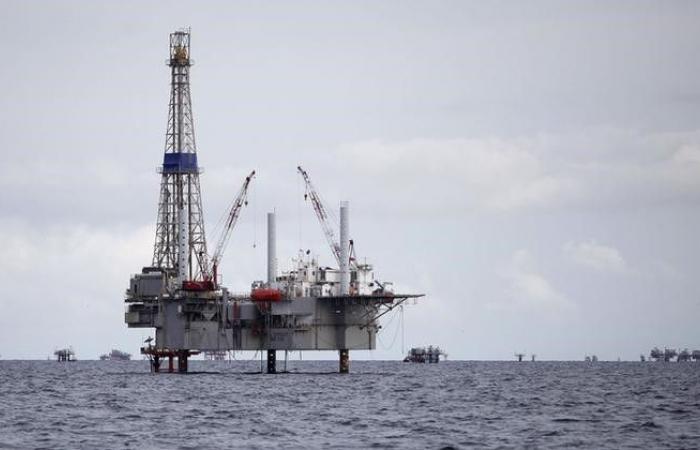Investing.com– Oil prices rose in Asian trading on Friday and were heading for a positive week as growing concerns over Russia and Ukraine led traders to attach a larger risk premium to crude.
Supply disruptions in Norway and a brief decline in the dollar also supported oil prices earlier this week, as did reports that the Organization of the Petroleum Exporting Countries and its allies (OPEC+) was likely to postpone a planned increase in production.
- Use AI to spot the best stocks to buy during this period of volatility: InvestingPro is on sale up to 55% off for Black Friday!
The increase in the risk premium helped oil weather a larger-than-expected rise in U.S. inventories.
Expiring January oils rose 0.4% to $74.54 a barrel, while oils rose 0.5% to $70.10 a barrel as of 8:44 p.m. ET (01:44 GMT). Both contracts are trading between 4% and 5% for the week.
Russia-Ukraine Tensions Put Oil on Track for Weekly Gain
Oil's gains this week were fueled by concerns about supply disruptions stemming from Russia's war with Ukraine, particularly as kyiv began using long-range Western-made missiles.
Russia responded by lowering the threshold for its nuclear retaliation.
On Thursday, reports indicated that Russia fired a medium-range hypersonic ballistic missile at a Ukrainian target, and President Vladimir Putin warned that more launches could follow.
Oil markets are particularly concerned that Ukraine could damage Russia's energy infrastructure, which would disrupt its oil production and tighten global supplies. This idea has been one of the main points of support for crude oil.
But oil also benefited from discounted buying after posting steep losses in October on concerns about slowing demand, particularly in top importer China.
OPEC+ could delay production hike – Reuters
OPEC+ is considering delaying its planned production increase until next year, Reuters reported this week, amid lingering concerns about slowing demand and weakening prices.
The cartel had initially planned to increase production from the end of 2024, but regularly postponed these plans earlier in the year. The cartel is expected to do so again at its December 1 meeting.
Increased supply outside OPEC is also expected to weigh on oil prices in the coming year, with analysts predicting the possibility of a supply glut. These forecasts also prompted OPEC not to increase production.






